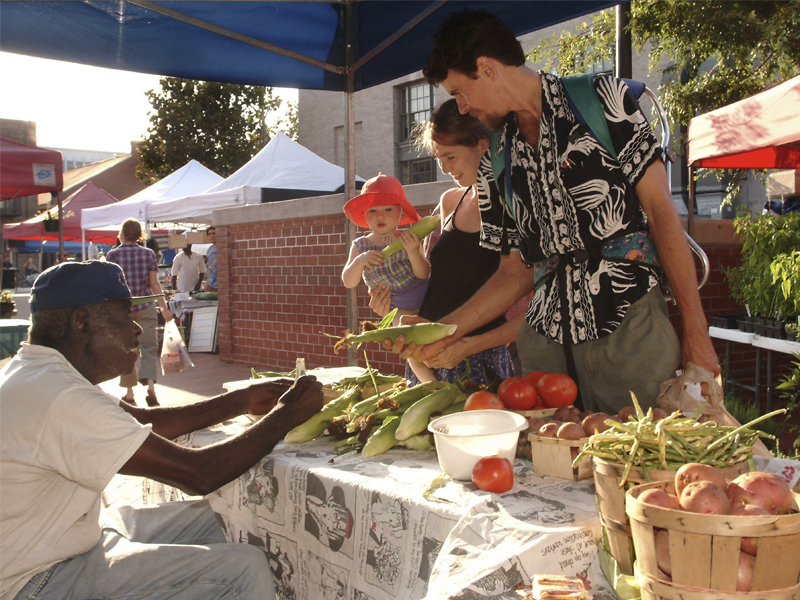Ask anyone what their image of the American farm is, and you might get a variety of answers, from acres of corn or wheat to a western cattle range. Some might envision the iconic farm house surrounded by chickens and hay bales, or a weathered married couple straight out of “American Gothic.”
While some of that nostalgic imagery continues to be presented across America, our neighbors in Florida may not be aware of what today’s farms really look like. Agriculture is big business in Florida, contributing an annual impact of $127 billion to Florida’s economy. Many of the close to 50,000 farms across the state are family endeavors, managed by multiple generations of Floridians.
While our midwestern neighbors are known as mostly single-crop states, growing corn, wheat or hogs, Florida farmers produce a wide range of commodities (about 300), making us known as a specialty- crop state. These crops include our iconic citrus, but also strawberries, tomatoes, peppers, watermelons, blueberries and cucumbers. Florida farmers also produce tropical foliage and greenhouse crops, forest products, sugarcane, vegetables, fruits, peanuts and beef and dairy cows.
As a coastal state we cannot forget our seafood production and commercial fishing operations, which catch more than 84 percent of the nation’s supply of grouper, pompano, mullet, stone crab, pink shrimp and spiny lobster each year. The Cedar Key area on the Gulf Coast is the largest producer of farm-raised clams in the eastern United States.
Yet, unfortunately, many Floridians do not know where their food comes from beyond the neighborhood grocery store. That’s why the University of Florida Institute of Food and Agricultural Sciences (UF/IFAS) Extension program actively participates in the Florida Farm Bureau’s annual Farm-City Week (https://www.floridafarmbureau.org/farm-city-week/). This year Farm-City week is November 14-21, and many Extension county offices are hosting farm tours, essay contests, farmers markets and hands-on activities that highlight the important relationships between farmers, consumers, community leaders, and everyone in between who contributes to our safe, abundant food supply.
As a higher education institution that provides innovative teaching, research and outreach to Florida’s agriculture sector, UF/IFAS is proud to advance our state’s farming operations. UF/IFAS Extension faculty are the personal connection between campus researchers and local agricultural producers, bringing new knowledge and best management practices to improve crop production, conserve water and reduce fertilizer and other nutrients to effectively grow the food that sustains not only our own state, but our neighbors throughout the world.
These connections are especially important when explaining the impact of Florida agriculture in our urban communities. Farmers and ranchers rely on essential partnerships with urban communities to supply, sell and deliver finished products across the country and around the world. Consumer purchases, in turn, make sustainable farm enterprises possible. Foods, fibers and renewable fuels are available to us because of the daily relationships among farmers and ranchers, processors, brokers, truckers, shippers, advertisers, wholesalers and retailers. The collective efforts of these members of our society provide a wholesome diet for everyone.
As we enter a season of thanksgiving where food often brings families and friends together, let’s not forget the hard-working people who every day of the year are researching, educating, growing, processing, marketing, inspecting, selling, and preparing food for the benefit of us all.
 0
0

